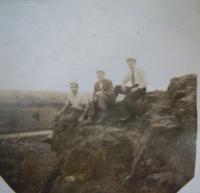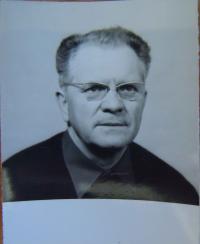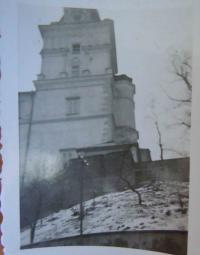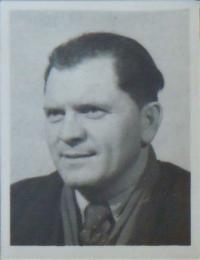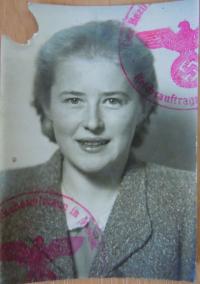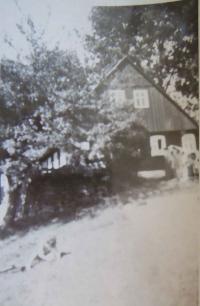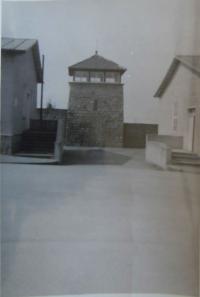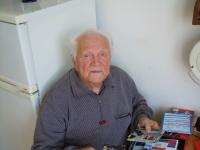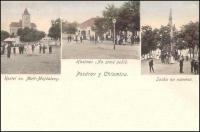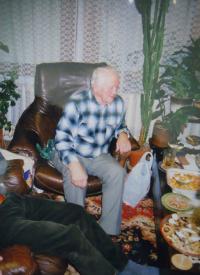Karel Lípa at least got a street named after him in Brandýs. But what about the others?
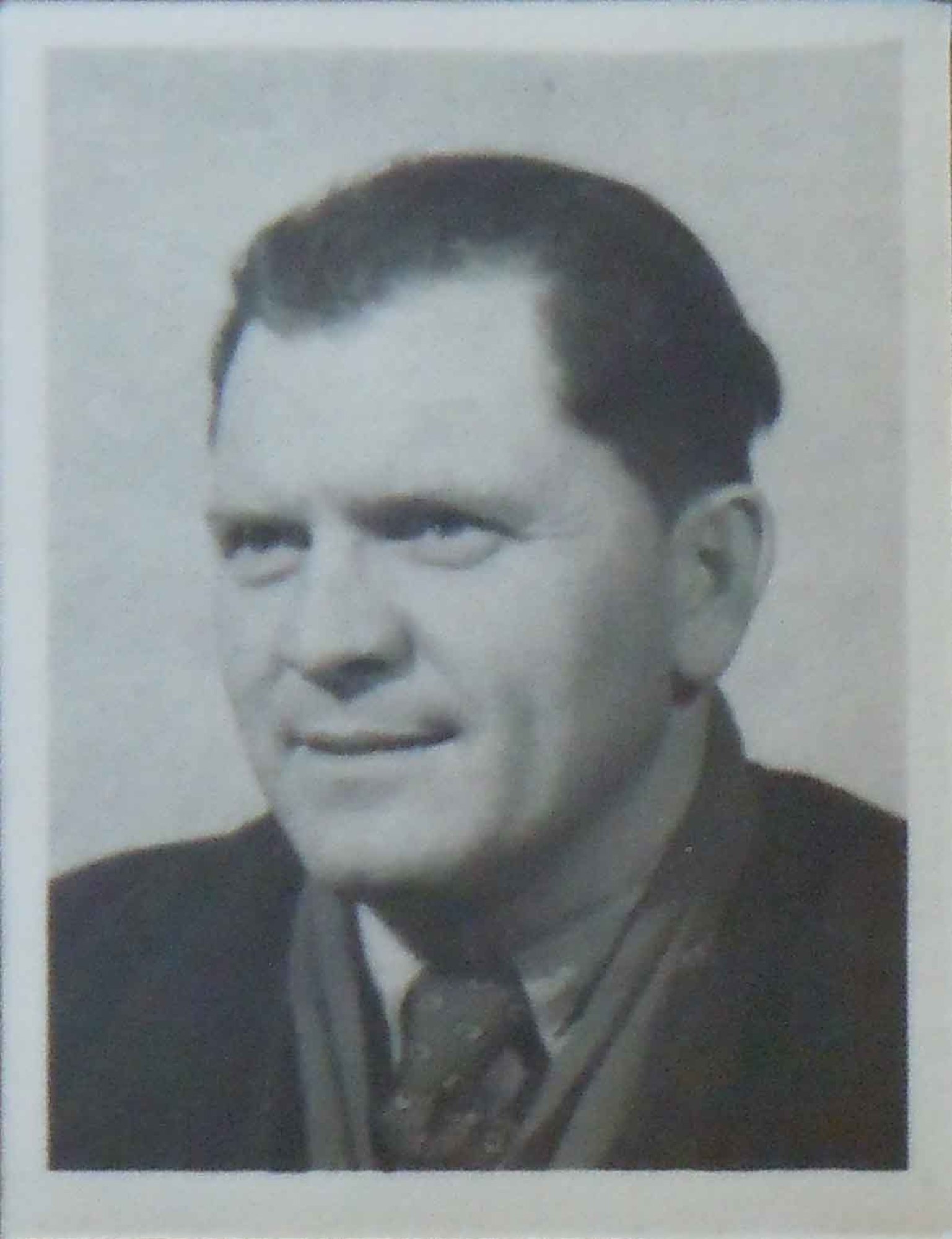
Download image
Jan Trégl was born March 7, 1916 in Chlumín in central Bohemia as the son of a postman. There were five children in the family. At first he attended an elementary school in Chlumín; later he was commuting to study at a higher level school in Kralupy nad Vltavou. Subsequently, he studied at the junior trading academy in Mělník, graduating with honours. He married in 1940, but the following year he was arrested for espionage. He and a few others had been reporting on the advances of the German army, and he was sent to Terezín. He was the only one of the arrested to survive, and after three months he was released. Upon release he worked in a cooperative, and then for the company Spolana from the 1950s till his retirement.
